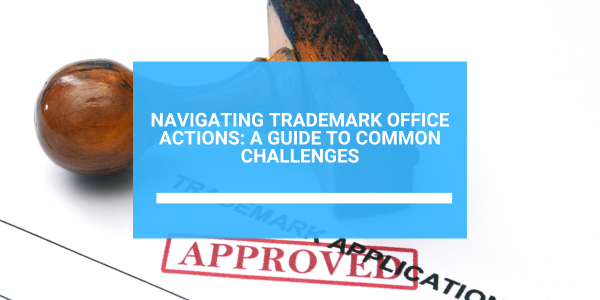What happen if I die without a will?

The state will draft one for you!
If a resident of Pennsylvania dies without a will, the Pennsylvania Laws of Intestacy will control how that individual’s estate is distributed, giving the dearly departed no control over who gets his or her house, investments, keepsakes, pets, or even guardianship of minor children. Depending on the size of the estate, this failure to have an effective will may also have financial consequences in the form of estate taxes.
Many operate under the assumption that simply speaking their last wishes into existence has a binding effect on the administration of their estate, but the fact remains that without a will, the Pennsylvania Legislature gets to control where assets go upon death. Failing to act and have an effective will drafted by an attorney will result in a sort of “no-will” will which effectively dictates the following:
I hereby declare this to be my Last Will and Testament by failing to have a will prepared while I was alive and well.
ARTICLE 1
I give my spouse one-half of my possessions (plus $30,000), and I give my child(ren) the other half. If my spouse is no longer living, then I give everything to my children, or my grandchildren if my children are no longer living. These shares are to be free of trust and my children or grandchildren shall receive their shares outright as soon as they reach the appropriate age set forth in Pennsylvania Law and they may do with these funds and assets as their not-yet fully developed brains see fit. If I have no living spouse, children, or grandchildren, I give everything to my parents, or to my siblings equally if my parents are no longer living, or to my nieces and nephews if my siblings are no longer living.
My spouse shall be the guardian of any of our minor children, but, just to be safe, my spouse must also report to the Probate Court each year and provide an accounting as to how and why the money left to my children in the above paragraph was spent for the care of our children.
Furthermore, my children shall have a right to demand and receive from their surviving parent a complete accounting of all of their financial decisions as soon as they reach legal age.
As stated above, any funds or assets left to a minor shall be given to them as soon as they reach legal age, and no one shall retain any right to question their actions or control how they spend their shares of my estate.
ARTICLE 2
Should my spouse remarry, their second spouse shall be entitled to his or her marital share of everything my spouse possesses.
Should my children require some of this share for their support and health upbringing, the second spouse shall not be bound to spend any part of his or her share for the benefit of my children.
The second spouse shall have the sole right to decide who gets his or her share of the marital estate, even to the exclusion of my children. In fact, if my children are not legally adopted by their new stepparent, they may not get anything at all!
ARTICLE 3
Should my spouse predecease me, or should we pass at the same time, I do not wish to execute my right to nominate a guardian for my children. In fact, I would rather have my friends, relatives, and loved ones attempt to make this nomination for me my mutual agreement. Should they fail to reach an agreement, I dictate that the Probate Court should make the selection of a guardian instead, even if that guardian is a perfect stranger that the Court finds acceptable.
ARTICLE 4
Under existing tax law, I recognize that there are legitimate means of lowering taxes which may be due upon my death. Instead, I’d like to pay maximal taxes because I prefer my money to be used by the government rather than for the benefit of my family and loved ones. No efforts should be made to lower taxes.
While this “no-will” will may seem extreme or even absurd, these are exactly the type of choices that are being made when a decision not to act is made. Reach out to us today to discuss how you can have the peace of mind that your loved ones are protected by your decisions rather than allowing a legislature to make those decisions for you.
Cozza Law Group Business Law Blog
©2024 Cozza Law Group PLLC, All Rights Reserved.
Privacy Policy



